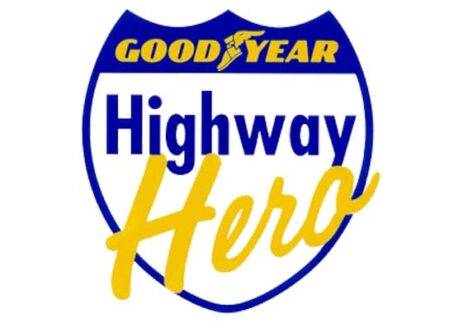OOIDA: We don’t support California AB5
The Owner-Operator Independent Drivers Association reached out to its members on Monday, Nov. 18, to clarify its position on a controversial California worker classification law. In a letter to its membership, OOIDA made clear that it never supported California’s Assembly Bill 5 and that it is ready to fight any negative impacts the law could have on its members or the trucking industry.
“There continues to be much speculation and misinformation regarding OOIDA’s position on AB5, which is California’s new law intended to address worker misclassification,” OOIDA wrote in a letter signed by President and CEO Todd Spencer. “While the law applies broadly to dozens of industries in California, in trucking many people believe that AB5 could potentially end the leased owner-operator model as we know it.
“It should go without saying that we’re concerned about it and ready to take action to fight any negative impact the law might have on our members and the entire trucking industry … OOIDA does not support AB5. Contrary to what others might say, we’ve never told California lawmakers, our members, or anyone else in trucking that we support AB5. Period.”
Dynamex
The controversial law came after the California Supreme Court’s decision in the Dynamex case. As part of the decision, the court established the ABC test, which considers all workers to be employees unless the hiring business demonstrates that all of the factors are established:
A. That the worker is free from the control and direction of the hirer in connection with the performance of the work, both under the contract for the performance of the work and in fact.
B. That the worker performs work that is outside the usual course of the hiring entity’s business.
C. That the worker is customarily engaged in an independently established trade, occupation, or business of the same nature as that involved in the work performed.
This past September, California Gov. Gavin Newsom signed into law AB5, which codifies the California Supreme Court’s decision. The law is not exclusive to the trucking industry.
Opponents in the trucking industry have said that the B factor of the test could spell the end of the leased owner-operator model in the state.
‘Law shouldn’t jeopardize legitimate business arrangements’
In 2018, OOIDA supported SB1402, which intended to end the practice of lease-purchase agreements in the ports.
“But we also made it clear that the law shouldn’t jeopardize legitimate business arrangements between motor carriers and leased owner-operators,” OOIDA wrote. “While we were happy to see SB1402 become public law, clearly state lawmakers didn’t get the underlying message. AB5 is proof of that.”
On Nov. 12, the California Trucking Association filed an amended complaint with the U.S. Southern District Court in opposition to the ABC test and AB5.
“AB5 will likely be litigated for years to come, perhaps eventually reaching the U.S. Supreme Court,” OOIDA wrote. “To the best of our knowledge, California officials have not publicly released any information that provides clarity on how businesses can comply with the law.”
“There is also a lot of uncertainty about the reach of this law. It’s unclear if the law applies to an owner-operator who resides outside of California but is leased to a California-based carrier, or an owner-operator who resides in California but is leased to a carrier based outside of California, or even whether or not the law might apply to certain owner-operators with their own authority.”
Fighting for truckers
OOIDA said it will fight any attempts to harm legitimate owner-operators.
“We’ve been fighting for the rights of truckers since 1973, and that will never change,” OOIDA wrote. “But we also have to be pragmatic in our approach and channel our efforts and resources in a way that will have the most effective impact. Regarding AB5, at least at present time, that will be in the courts. If California lawmakers don’t address our concerns or provide targeted relief, we’ll take them to court.”
Read OOIDA’s letter here.









